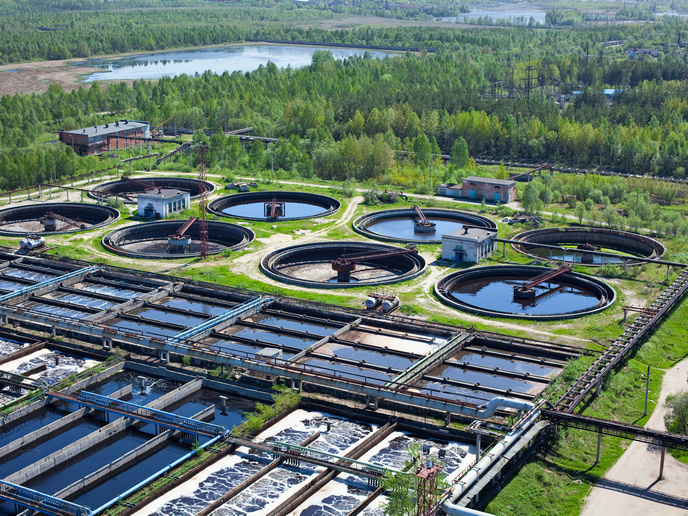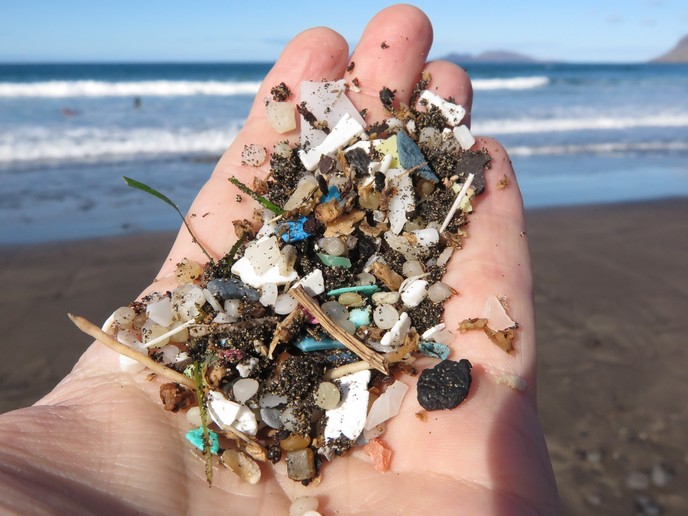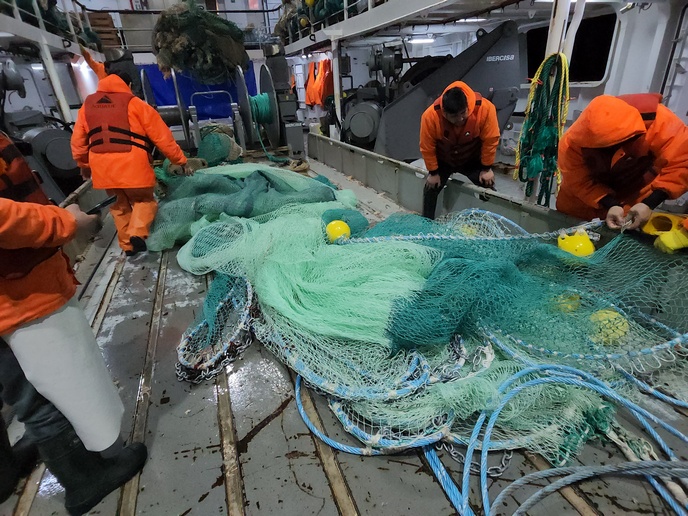New tech for net-zero carbon wastewater treatment
Municipal sewage wastewater is typically treated through a multi-step process that aims to remove contaminants and pollutants and ensure that it can be safely discharged back into the environment or reused for various purposes. It conventionally involves preliminary screening and settling tanks to remove large objects followed by biological treatment with microorganisms to break down organic matter. If it meets the required quality standards, the effluent can be discharged into a river or ocean, or it can be further treated for specific reuse purposes like irrigation and industrial processes. Wastewater treatment plays a crucial role in addressing biodiversity issues by mitigating the adverse impacts of chemical and organic matter pollution on aquatic ecosystems. Implementation of an efficient and cost-effective wastewater treatment system with minimal energy requirements can preserve and protect our precious natural habitats and the diverse species that rely on them.
Anaerobic digestion of wastewater
Biological treatment in wastewater treatment plants employs aerobic bacteria that require both oxygen and energy expenditure for their metabolic activities. The AMBI-ROBIC project has developed an innovative technology that removes organic pollution from wastewater using anaerobic digestion. It uses an adapted microbial community that functions at lower temperatures and a specially designed tank to facilitate the processing of psychrophilic granular sludge. The system does not require heating, aeration or moving parts and has a smaller energy footprint than traditional aerobic systems. It can be used in a number of circumstances, alleviating organic load on other processes, to expand capacity of the existing site or as part of a new wastewater treatment plant. AMBI-ROBIC technology represents a novel disruptive solution for wastewater treatment that provides an economical and environmentally sustainable alternative to the outdated and energy-intensive sludge process. “Our vision is to provide self-sustaining, energy positive, zero-carbon solutions,” emphasises project coordinator Derren Kinnell.
Advantages of AMBI-ROBIC technology
AMBI-ROBIC technology offers several advantages that make it an attractive choice for wastewater treatment. Firstly, it contributes to the reduction of greenhouse gas emissions, aligning with climate neutrality and energy-positive objectives. This translates into 88 % less carbon emissions than aerobic-activated sludge. “By implementing this approach in merely 10 % of the sewage treatment facilities in the EU, the resulting reduction in carbon emissions would be equivalent to removing 282 000 cars from the roads, which is equivalent to 1.3 million tonnes of CO2,” highlights Kinnell. Additionally, this technology is highly energy efficient, leading to an impressive 80 % reduction in operational energy use compared to conventional methods. This energy efficiency not only helps reduce the environmental impact, it also results in cost savings. Another benefit is the substantial reduction in waste production, with AMBI-ROBIC technology achieving a remarkable 95 % decrease in sludge generated during the treatment process. This reduces total expenditure due to a decreased need for sludge processing and transportation, disposal infrastructure and operational costs. Moreover, the technology generates high-quality biogas, contributing to the production of sustainable energy and promoting a circular economy. Overall, the AMBI-ROBIC project is working to revolutionise the wastewater treatment industry, making it more sustainable and cost-effective to treat wastewater. To raise awareness, promote technology benefits and facilitate market acceptance, the project is in the process of reaching out to potential partners and end users across Europe.
Keywords
AMBI-ROBIC, wastewater treatment, sludge, biological treatment, anaerobic, microorganism, sustainable energy







